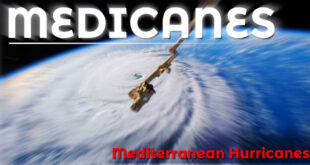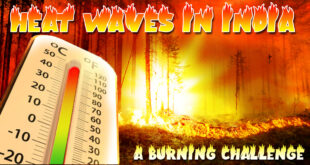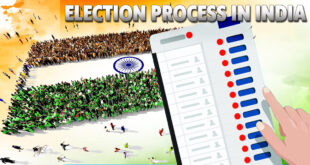The end of the year is a time for taking stock, and for me the process is best nudged along while immersed in travel literature. In fact, there is a subset of accounts of great journeys that holds a particular enchantment: walking in the footsteps of someone long ago. Pilgrims especially do this all the time, but there are other tracks too around the world that for some reason have had greater footfall over time, so that they recommend themselves to future travellers as the paths best chosen. Travel writer Robert Macfarlane investigated some of these in his eye-opening 2012 book, The Old Ways: A Journey on Foot , from trails in England and Scotland to walks in Palestine with lawyer-writer Raja Shehadeh. Two questions to ask In the book, Macfarlane had posed two questions that should guide both those who actually set off for the great unknown and those of us who tag along through their writing: “For some time now it has seemed to me that the two questions we should ask of any strong landscape are these: firstly what do I know when I am in this place that I can know nowhere else? And then, vainly, what does this place know of me that I cannot know of myself?” These questions hang over Canadian explorer Kate Harris’s moving debut, Lands of Lost Borders: A Journey on the Silk Road. Her route of the Silk Road is quite specific, unlike Oxford Professor Peter Frankopan’s. In his lavishly illustrated volume, The Silk Roads: A New History of the World , repurposed for children and adults alike from his 2015 milestone publication of the same name, Frankopan writes: “The Silk Roads do not have a start or an end point, because they are not actually real roads at all. They are a web of networks that have allowed goods, people and ideas, but also disease and violence, to flow east to west, and west to east — from the Pacific coast of China and Russia to the Atlantic coasts of Europe and Africa, and also from Scandinavia in the north to the Indian Ocean in the south.” Harris’s fascination with embarking on the Silk Road draws directly from reading about Marco Polo’s travels. She doesn’t let the debate about whether the Venetian actually undertook the entire journey himself detain her too much; it’s the great expanse of blurred borders that he’s supposed to have covered that draws her. And it’s the expanse that restores her equilibrium when her dream of exploring Mars is shattered by a professor at the Massachusetts Institute of Technology, who exults over what computers can do: “Just imagine. Magellan had to sail in rough seas for months, even years on end. Risking scurvy, cannibals, strange diseases, who knows! But today we can wander another world with our feet up on a desk and a Diet Coke in hand.” Harris, who had trained to be an astronaut and was working on her doctorate, takes flight at this, and launches herself into a bicycle journey on the Silk Road, but with a twist. During a stint at Oxford University, she had done a paper on the Siachen Glacier, and it’s at the base of the glacier that her excursion ends. The greatest of journeys is built upon the kindness of strangers, and Harris and her companion don’t lack interesting acquaintances on their road trip, beginning in Turkey, through the Caucasus, Central Asia, the Tibetan plateau, Nepal, and then by bus quickly to Shimla to beat the traffic, and thence northwards through Leh to the glacier. A reason to go The journey takes her into another orbit, as borders and geopolitics blur into almost irrelevance against the landscape that speaks of a longer time scale, as the rhythms of city life fall away to reveal a “clarity of purpose”. So that: “Your sole responsibility on Earth, as long as your legs last each day, is to breathe, pedal, breathe — and look around.” Harris channels the experiences of explorers before her, such as Wilfred Thesiger, Alexandra David-Neel, Charles Darwin and Fanny Bullock Workman. When Siachen is finally in sight, it’s enough: “In the end Siachen, like Mars, wasn’t a place to reach but a reason to go.” You get the sense that she had instinctively begun answering Macfarlane’s two questions.
Source : https://www.thehindu.com/todays-paper/tp-opinion/reasons-to-go/article25529140.ece
 Chinmaya IAS Academy – Current Affairs Chinmaya IAS Academy – Current Affairs
Chinmaya IAS Academy – Current Affairs Chinmaya IAS Academy – Current Affairs



